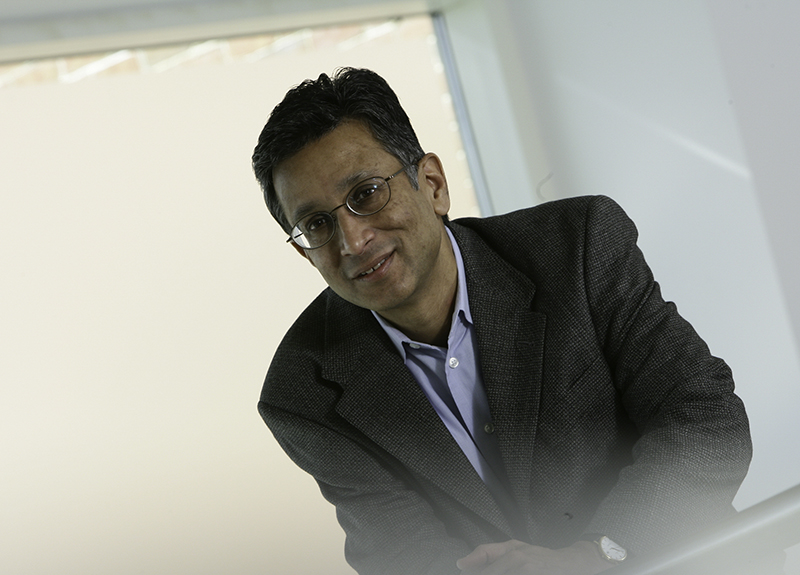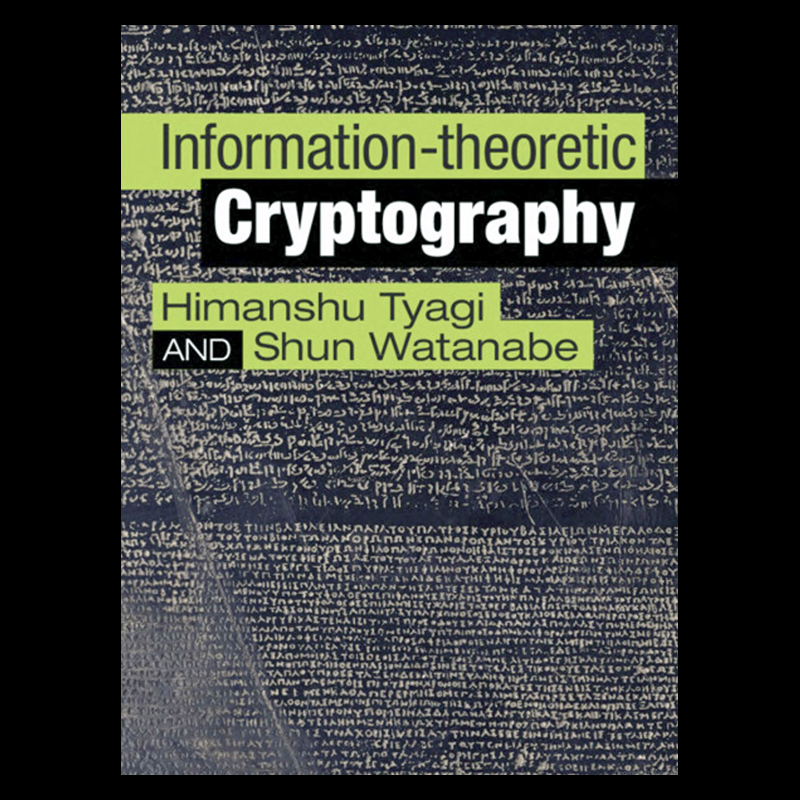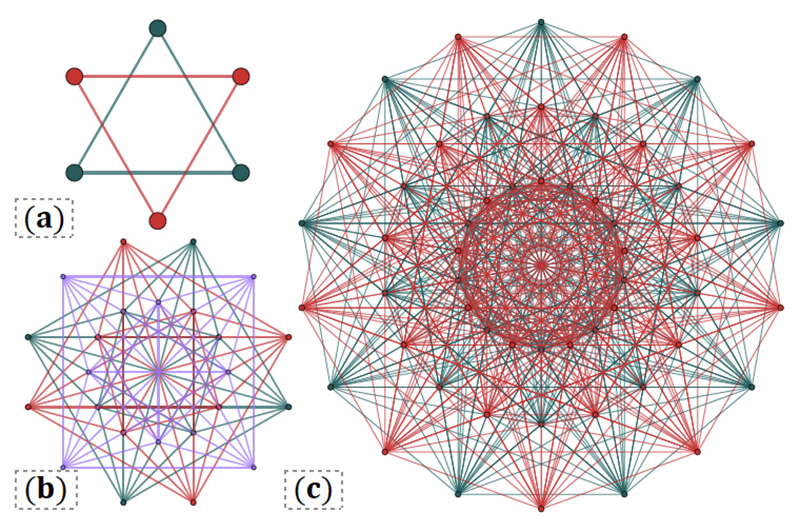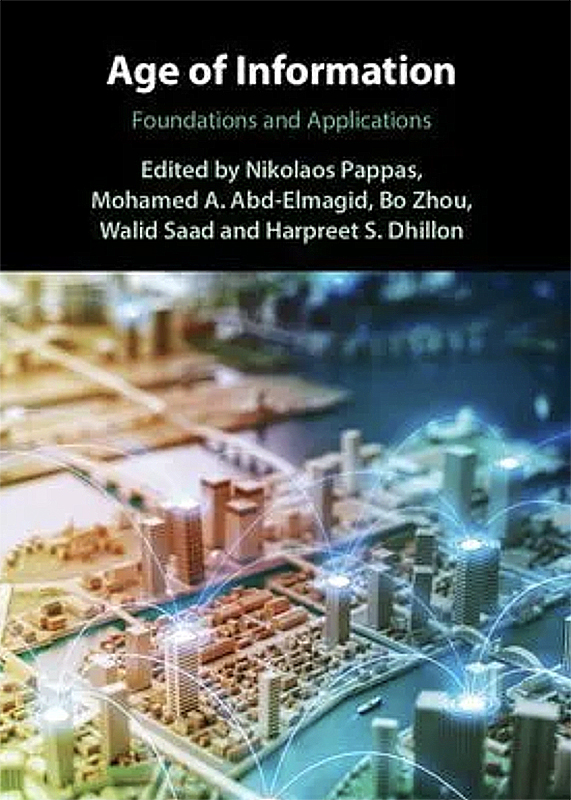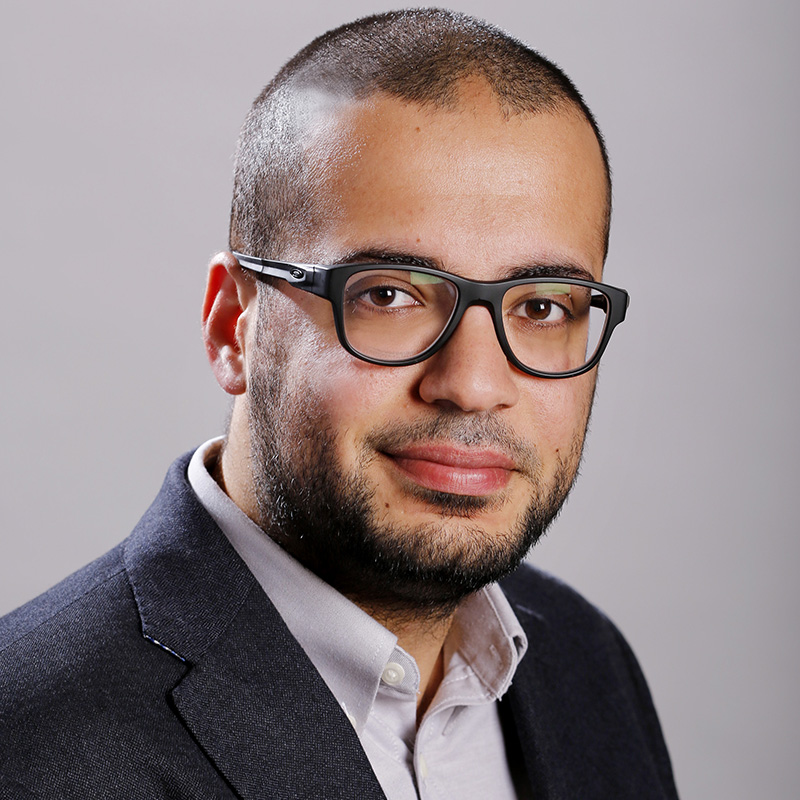News Story
Narayan and students publish three articles in IEEE Transactions on Information Theory
Professor Prakash Narayan (ECE/ISR) and his Ph.D. students have published three articles in IEEE Transactions on Information Theory in the past year.
“Universal Sampling Rate Distortion,” by Vinay Praneeth Boda (who graduated with his Ph.D. in electrical engineering in 2018) and Narayan, was published in the July 20, 2018 issue of the journal.
In this article, the authors examine the coordinated and universal rate-efficient sampling of a subset of correlated discrete memoryless sources followed by lossy compression of the sampled sources. The goal is to reconstruct a predesignated subset of sources within a specified level of distortion. The combined sampling mechanism and rate distortion code are universal in that they are devised to perform robustly without exact knowledge of the underlying joint probability distribution of the sources. In Bayesian as well as nonBayesian settings, single-letter characterizations are provided for the universal sampling rate distortion function for fixed-set sampling, independent random sampling, and memoryless random sampling. It is illustrated how these sampling mechanisms are successively better. The authors’ achievability proofs bring forth new schemes for joint source distribution-learning and lossy compression.
Narayan and his current ECE Ph.D. student Ajaykrishnan Nageswaran published “Data Privacy for a p-recoverable function” in the journal on January 22, 2019.
Here, a user's data is represented by a finite-valued random variable. Given a function of the data, a querier is required to recover, with at least a prescribed probability, the value of the function based on a query response provided by the user. The user devises the query response, subject to the recoverability requirement, so as to maximize privacy of the data from the querier. Privacy is measured by the probability of error incurred by the querier in estimating the data from the query response. The authors analyze single and multiple independent query responses, with each response satisfying the recoverability requirement, that provide maximum privacy to the user. Achievability schemes with explicit randomization mechanisms for query responses are given and their privacy compared with converse upper bounds.
Most recently, alumnus Boda has had his single-author paper, “Reconstructing Gaussian Sources by Spatial Sampling,” accepted by the journal. The paper is based on his doctoral dissertation. The article became available through IEEExplore's "early access" system on March 5, 2019.
This article considers a Gaussian memoryless multiple source with m components with joint probability distribution known only to lie in a given class of distributions. A subset of k ≤ m components are sampled and compressed with the objective of reconstructing all the m components within a specified level of distortion under a mean-squared error criterion. In Bayesian and non-Bayesian settings, the notion of universal sampling rate distortion function for Gaussian sources is introduced to capture the optimal tradeoffs among sampling, compression rate and distortion level. Single-letter characterizations are provided for the universal sampling rate distortion function. Boda's achievability proofs highlight the following structural property: it is optimal to compress and reconstruct first the sampled components of the GMMS alone, and then form estimates for the unsampled components based on the former.
IEEE Transactions on Information Theory publishes papers concerned with the transmission, processing, and utilization of information.
Published February 26, 2019
